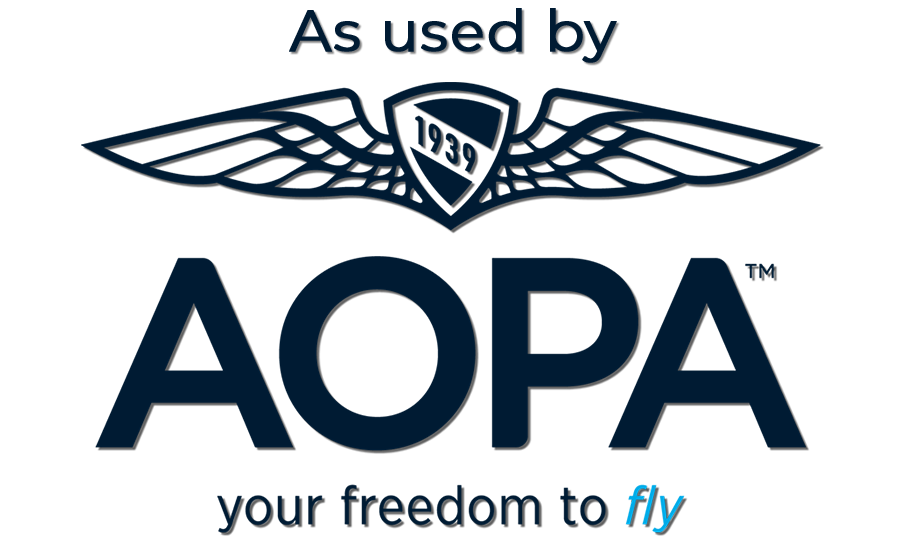NBAA is seeking clarification from the IRS on final regulations implementing provisions in the Tax Cuts and Jobs Act (TCJA), which eliminated employer deductions for qualified transportation fringe benefits and certain other transportation and commuting benefits.
Before the TCJA, employers could generally deduct certain commuting benefits provided to employees, a common practice for many companies owning business aircraft. However, to raise revenue to offset other TCJA provisions, many common commuting deductions were disallowed by the TCJA, enacted in December 2017.
In June 2020, the IRS issued a notice of proposed rulemaking detailing its intended regulatory approach to this new deduction disallowance. This proposal prompted NBAA’s Tax Committee to provide detailed comments to the IRS and Treasury Department to ensure the regulations followed congressional intent and protected taxpayers from unfair double taxation.
Read more about NBAA’s comments to the IRS.
On Dec. 16, the IRS issued final rules that addressed many of the concerns expressed by NBAA, including confirming that travel from a residence to a secondary place of employment generally remains deductible business travel. The IRS also removed a confusing concept regarding “travel hubs” and adopted a less restrictive standard for an exception to the commuting disallowance when there are employee safety or security concerns, as recommended by NBAA.
However, in a Feb. 4 letter, NBAA’s Tax Committee requested additional clarification on situations where an employer imputes the taxable value of a commuting benefit to the employee. Under the final rule, it is unclear if this taxable fringe benefit would be subject to the disallowance under Section 274(l).
In the letter, NBAA explained that disallowing employer deductions when income is imputed to the employee would result in double taxation, which is inconsistent with the congressional intent of the TCJA provision.
“We thank the IRS and Treasury Department for providing the final regulations and for the careful consideration given to the issued we raised,” said John Hoover, NBAA Tax Committee chair and partner at Holland & Knight LLP. “However, we are concerned that the IRS could create a double tax situation that could negatively affect many of the businesses that own and operate aircraft.”
NBAA also asked for clarification on the policy in the final rule that allows an employer to deduct a commuting expense if it ensures the employee’s safety. Finally, the association requested that the IRS confirm the final regulations do not apply to flights provided to persons other than “employees” such as sole proprietors, independent contractors, partners, and 2% shareholders in S corporations.
Read NBAA’s letter to the IRS.
“NBAA has worked diligently on this rulemaking effort, and we will continue to represent our community’s interests as we seek additional clarity from IRS on this complex tax issue,” said NBAA Senior Director, Government Affairs Scott O’Brien.

